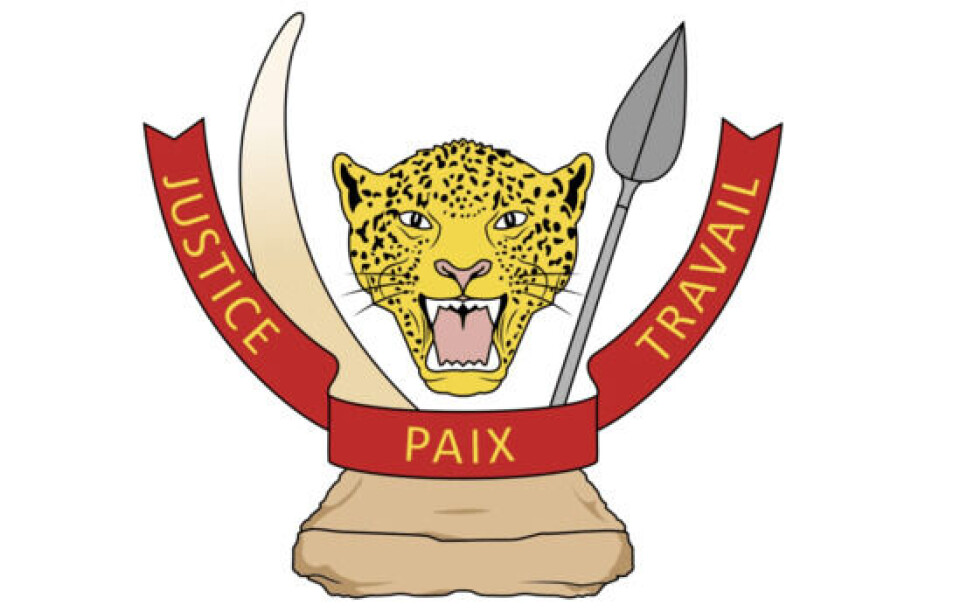Copyright : Re-publication of this article is authorised only in the following circumstances; the writer and Africa Legal are both recognised as the author and the website address www.africa-legal.com and original article link are back linked. Re-publication without both must be preauthorised by contacting editor@africa-legal.com
Confidence in DRC judiciary declines further

Cases of “legitimate suspicion” are frequent in Congolese courts and tribunals, particularly in North Kivu. Frédéric Feruzi looks at the issue and how stakeholders think it can be remedied.
On 21 March, the North Kivu Court of Appeal recorded 14 cases of “legitimate suspicion”, where litigants and/or public prosecutors alleged that the judicial officials hearing the cases were biased, corrupt or otherwise compromised and would not provide a fair hearing.
Magistrate Colin Mbamba, president of this court of appeal, says most of these situations are caused by lawyers as a way of slowing down the legal process, but every Tuesday the hearing is reserved entirely for cases of legitimate suspicion. According to three lawyers working in the courts in the eastern DRC this is further evidence of a dysfunctional Congolese judicial system.
One of the cases now pending before the Court of Appeal of Kalemie, in Tanganyika province, involves a case dating back to 2015, concerning a dispute between the Congolese Institute of Nature Conservation (ICCN) and a group of inhabitants from Nzulo, on the limits of Virunga National Park. After one of the parties complained about the judges in the courts and tribunals of Goma, the case was referred to the Court of Cassation, which assigned the trial to the Court of Appeal of Kalemie.
The organic law of 11 April 2013 on the organisation, functioning and jurisdiction of the courts in the DRC enables litigants or the public prosecutor to refer a case to a higher court if they suspect they're not getting a fair hearing. The law also gives the public prosecutor the power to request the transfer of cases to another court if there’s a threat to public safety or if one of the parties does not feel safe in a court.
Three lawyers working in the courts and tribunals in the eastern DRC believe that in order to overcome the numerous instances of legitimate suspicion and resulting appeals, reform is required, along with better training of judges and an increased allocation of resources to courts and tribunals.
For Justin Mushoko, a young lawyer, cases of legitimate suspicion are a consequence of the corruption that plagues the Congolese judicial system. He said that to change this situation, human rights NGOs are carrying out activities in the courts and tribunals to get “bad judges” removed. He proposed the reform of the justice system and the introduction of ethics courses for judges and magistrates.
Constantin Swedi, a lawyer, sociologist and provincial permanent secretary of the body of social workers, says the priority is not the reform of the Congolese judicial system, but rather to improve the working conditions of judicial personnel. Among other things, he says substantial resources need to be allocated to the courts, tribunals and public prosecutors' offices to spare them from a dependence on litigants, which exposes them to corruption.
Swedi also proposes that magistrates’ salaries be increased, that there be more internal inspection missions to correct the irregularities and shortcomings of certain crooked magistrates, that there be a push back against all forms of clientelism, political and tribal influence, and that all magistrates found guilty of wrongdoing be severely sanctioned.
Vasco Saasita, a young lawyer and human rights defender who often acts for citizen activists in courts and tribunals, says that the high number of cases of legitimate suspicion is a sign of litigants’ declining confidence that the Congolese judiciary is able to adjudicate disputes independently and impartially. He links this sad reality to corruption, which he says has reached the point of being generalised, normalised and institutionalised.
To join Africa Legal's mailing list please click here
